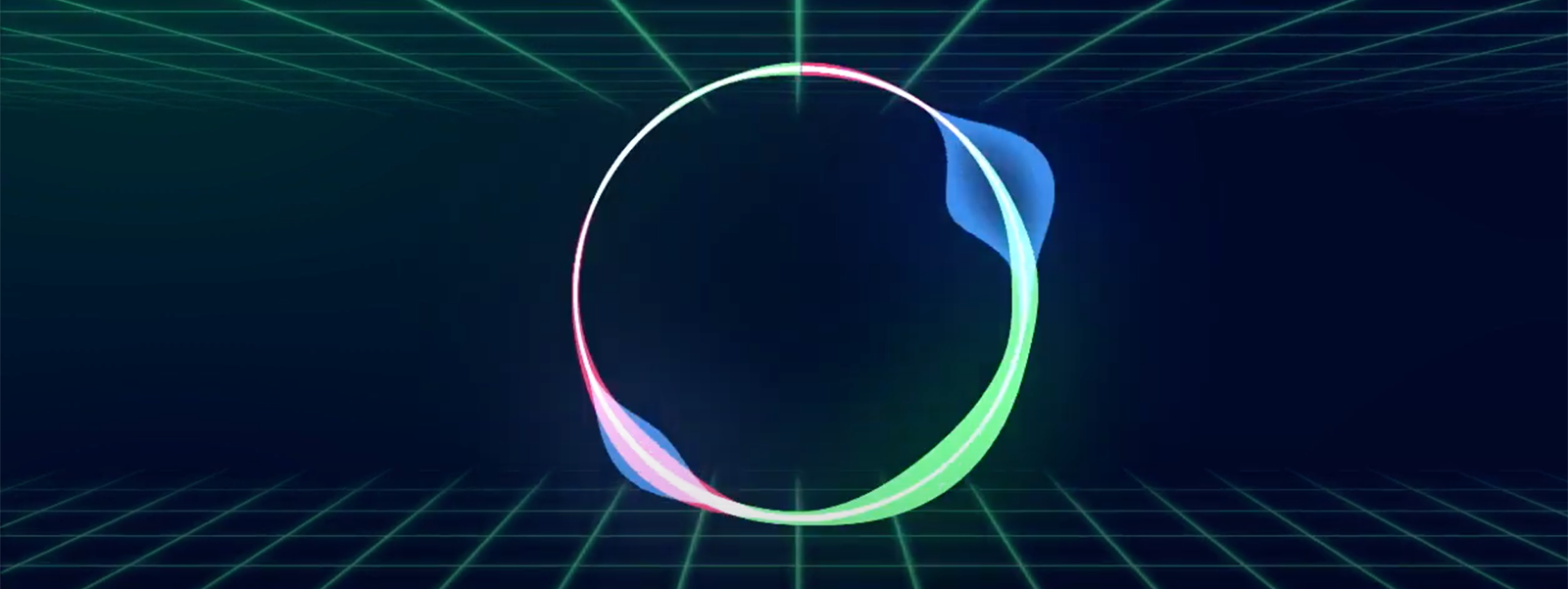Partners involved in: L’École de design Nantes Atlantique
The creativity game Brigh Mirror initially developed by Olivier Balez, (illustrator in Angoulême) and the City Design Lab students of the École de design Nantes Atlantique (with the students’ competition from the Centre Michel Serres in Nantes), can be considered a tool of hypothetical design or design fiction. Participants are encouraged to create a story that takes place in the year 2045.
The main idea of the game was to be a sharing tool for young people of different nationalities and from different social backgrounds. Developed as a result of the COVID lockdown as well as the digital conversion of the AYCH activities, Bright Future invites players to create an uncertain future in order to overcome the challenges of working together towards the creation of a common imagination. Thanks to the collaborative construction of the narrative, participants share and discover multiple visions of a possible future.
Rather than a mechanism that produces a “perspective of uncertain times”, it is primarily a first introduction to collaborative methods. Beginning with each other’s s representations, the software invites participants to follow a process similar to that used in design thinking: the imagination is deployed to create a scenario and present a newspaper sample.
Whilst the futuristic stories and images produced at the end of the game are creative and full of multiple meanings, Bright Mirros is the beginning of a powerful process of innovation about the present. Imagining an ideal, undesired or simply possible future becomes a path to better understand today’s social and environmental challenges.
Bright Future, an introduction to creative thinking and sharing, has always been the starting point for national or international, physical or virtual Creative Jams, with the aim of establishing a dynamic of exchange and dialogue and to project ourselves decisively towards the future.


